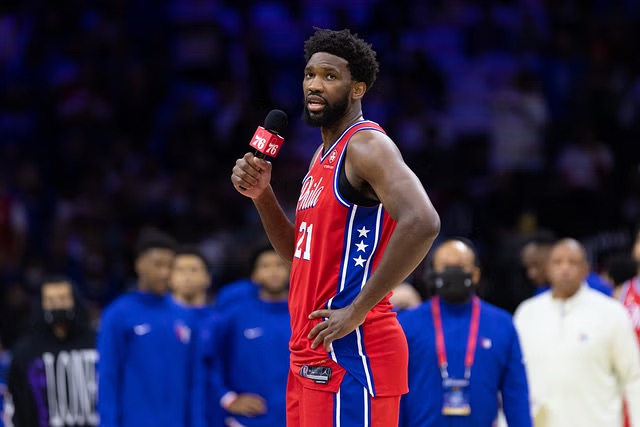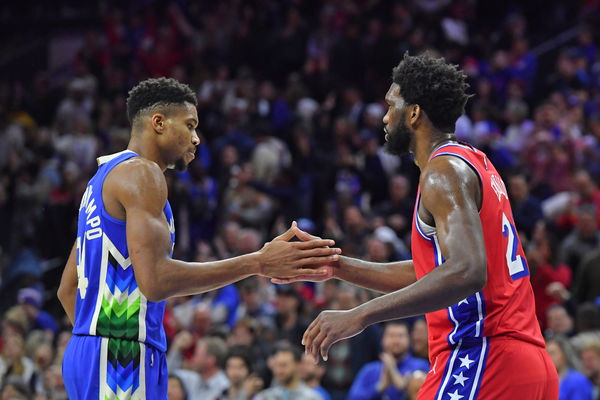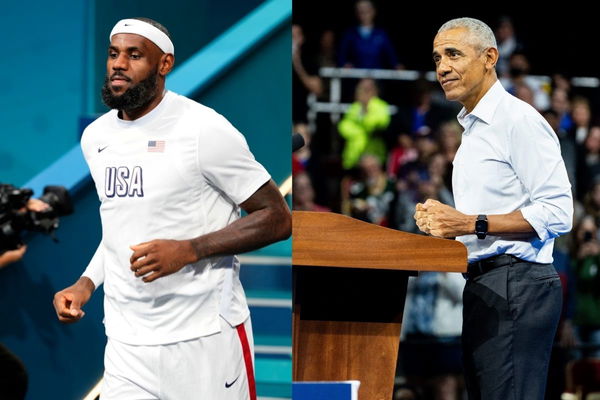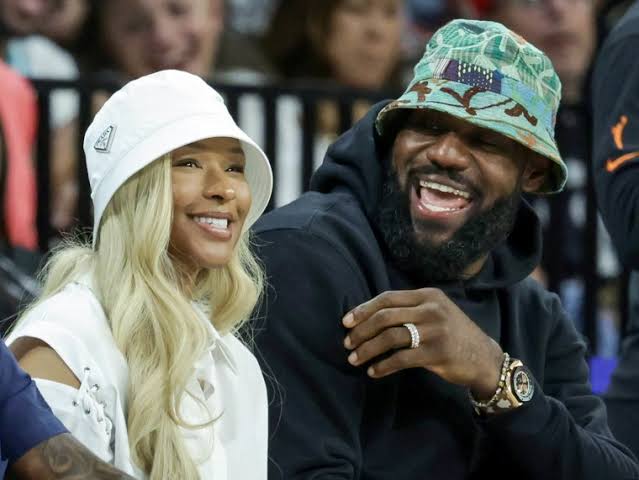In a dramatic post-game incident that overshadowed the Philadelphia 76ers’ disappointing loss to the Memphis Grizzlies, star center Joel Embiid found himself at the center of a heated exchange with a media member. This confrontation has ignited discussions about the boundaries of sports commentary, particularly when personal matters are brought into the spotlight. As tensions ran high, Embiid’s reaction raises important questions about accountability in sports journalism and the responsibilities that come with it.
The catalyst for the altercation was a column that included personal references to Embiid’s late brother and young son, using these sensitive subjects to critique his on-court performance. Sam Vecenie, an NBA journalist for The Athletic, publicly condemned the columnist’s approach, arguing that such comments cross a line. “If you write this, you’ve got to be accountable to the player,” Vecenie stated. He criticized the writer’s decision to incorporate personal family matters into a discussion about Embiid’s play, insisting that such tactics are not justifiable. Vecenie’s passionate defense highlights the fine line between analysis and insensitivity in sports reporting.
On a night when the 76ers struggled, losing 124-107, the absence of Embiid due to a knee injury compounded the frustration for fans. The game, held at the Wells Fargo Center, saw Tyrese Maxey step up, scoring 23 points, but it was clear that the team missed its leader. As the game concluded, the focus shifted from the court to the tense interaction between Embiid and the media.
According to reports from NBA Insider Shams Charania, the confrontation escalated when Embiid physically shoved the columnist, though no punches were thrown. The incident underscores a broader issue: how far should sports commentators go when discussing athletes, especially when personal tragedies are involved? Embiid’s reaction suggests that he felt a deep violation of privacy and respect, prompting his emotional response.
As the NBA season unfolds, Embiid has yet to play, raising concerns not only about his health but also about the scrutiny he faces. While the league has yet to comment on the incident, it’s clear that this altercation could have repercussions for both Embiid and the media landscape. In an age where social media amplifies every moment, the need for responsible reporting and respectful discourse in sports has never been more crucial. As fans and commentators alike navigate these turbulent waters, one thing remains certain: the conversation around athlete welfare and media responsibility is just beginning.




